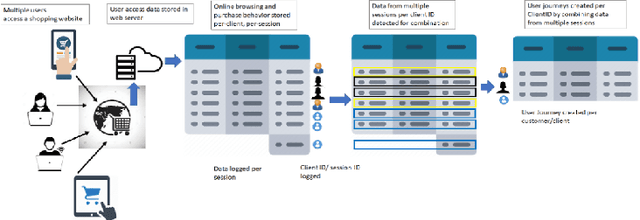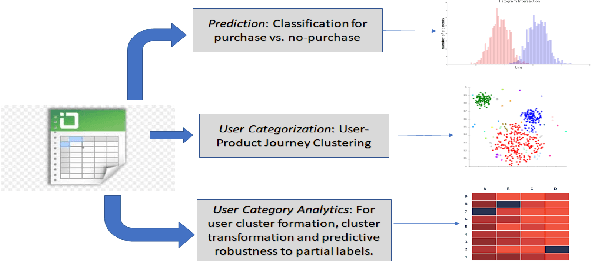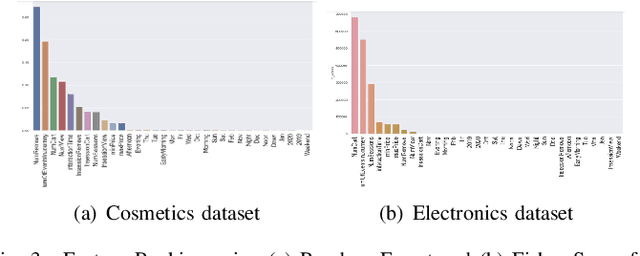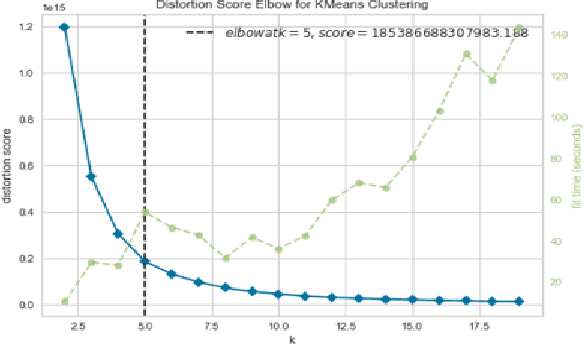Ebrahim Alareqi
Taqyim: Evaluating Arabic NLP Tasks Using ChatGPT Models
Jun 28, 2023



Abstract:Large language models (LLMs) have demonstrated impressive performance on various downstream tasks without requiring fine-tuning, including ChatGPT, a chat-based model built on top of LLMs such as GPT-3.5 and GPT-4. Despite having a lower training proportion compared to English, these models also exhibit remarkable capabilities in other languages. In this study, we assess the performance of GPT-3.5 and GPT-4 models on seven distinct Arabic NLP tasks: sentiment analysis, translation, transliteration, paraphrasing, part of speech tagging, summarization, and diacritization. Our findings reveal that GPT-4 outperforms GPT-3.5 on five out of the seven tasks. Furthermore, we conduct an extensive analysis of the sentiment analysis task, providing insights into how LLMs achieve exceptional results on a challenging dialectal dataset. Additionally, we introduce a new Python interface https://github.com/ARBML/Taqyim that facilitates the evaluation of these tasks effortlessly.
OPAM: Online Purchasing-behavior Analysis using Machine learning
Feb 02, 2021



Abstract:Customer purchasing behavior analysis plays a key role in developing insightful communication strategies between online vendors and their customers. To support the recent increase in online shopping trends, in this work, we present a customer purchasing behavior analysis system using supervised, unsupervised and semi-supervised learning methods. The proposed system analyzes session and user-journey level purchasing behaviors to identify customer categories/clusters that can be useful for targeted consumer insights at scale. We observe higher sensitivity to the design of online shopping portals for session-level purchasing prediction with accuracy/recall in range 91-98%/73-99%, respectively. The user-journey level analysis demonstrates five unique user clusters, wherein 'New Shoppers' are most predictable and 'Impulsive Shoppers' are most unique with low viewing and high carting behaviors for purchases. Further, cluster transformation metrics and partial label learning demonstrates the robustness of each user cluster to new/unlabelled events. Thus, customer clusters can aid strategic targeted nudge models.
Categorizing Online Shopping Behavior from Cosmetics to Electronics: An Analytical Framework
Oct 06, 2020



Abstract:A success factor for modern companies in the age of Digital Marketing is to understand how customers think and behave based on their online shopping patterns. While the conventional method of gathering consumer insights through questionnaires and surveys still form the bases of descriptive analytics for market intelligence units, we propose a machine learning framework to automate this process. In this paper we present a modular consumer data analysis platform that processes session level interaction records between users and products to predict session level, user journey level and customer behavior specific patterns leading towards purchase events. We explore the computational framework and provide test results on two Big data sets-cosmetics and consumer electronics of size 2GB and 15GB, respectively. The proposed system achieves 97-99% classification accuracy and recall for user-journey level purchase predictions and categorizes buying behavior into 5 clusters with increasing purchase ratios for both data sets. Thus, the proposed framework is extendable to other large e-commerce data sets to obtain automated purchase predictions and descriptive consumer insights.
 Add to Chrome
Add to Chrome Add to Firefox
Add to Firefox Add to Edge
Add to Edge